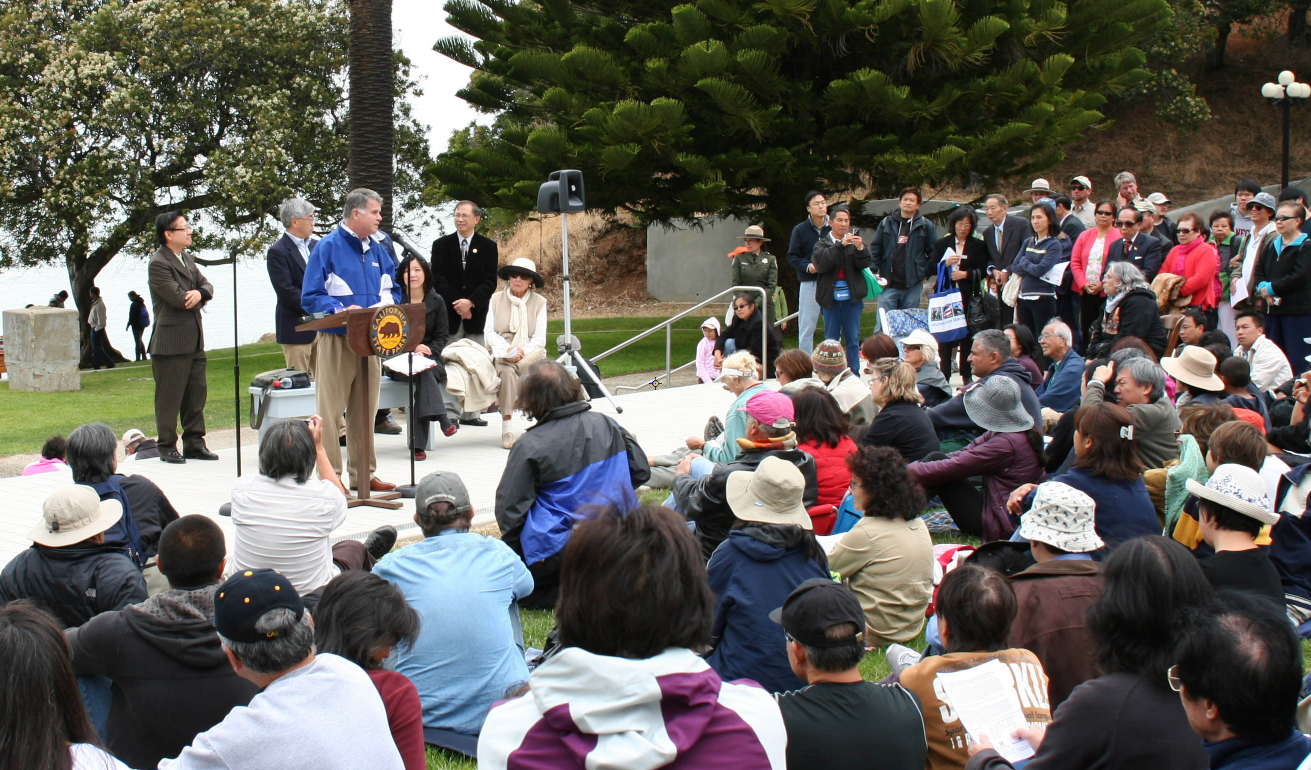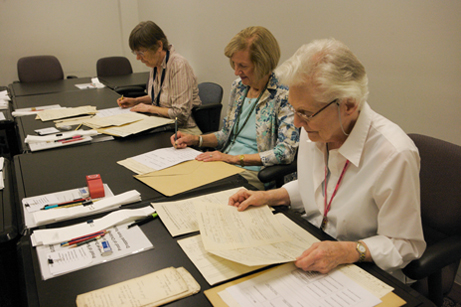Archive for August, 2010
Written on: August 24, 2010 | 3 Comments
As American combat operations in Iraq draw to a close at the end of August, here at the National Archives we are always thinking about the records. The records created to document the conflict are crucial for our understanding of our military operations. It’s our history at stake. The Chief Historian for the European Theater in World War II, Colonel William A. Ganoe, said it best:
History is the last thing we care about during operations and the first thing we want afterwards. Then it is too late.
It may be difficult to conceive of troops in the field ever thinking about records, but without records we lose our history, our lessons-learned, and the ability to analyze our successes and failures.
This past April, Michael Carlson and John Powell, two NARA staff members, spent time in Iraq supporting the Joint Staff’s assessment of the U.S. Forces-Iraq records management. NARA staff will be working closely with CENTCOM as they bring records from the combat operations in Iraq back to the United States. We will work together to identify records that have permanent historical value in both paper and electronic form.
As the conduct of war has changed over the years, so has the associated record keeping practices. Today’s military operations in Iraq and Afghanistan are documented in both paper and a multitude of electronic… [ Read all ]
Written on: August 16, 2010 | 1 Comment
On Saturday, July 31, I boarded a ferry headed to Angel Island to attend a commemorative event marking the 100th anniversary of the Angel Island Immigration Station. The event featured new outdoor exhibits, information booths, and performances relating to the experience of immigrants at Angel Island. I spoke about the National Archives and the Angel Island immigration records that can be found in the National Archives at San Francisco.

Archivist David S. Ferriero Addressing Visitors at Angel Island
(Photo Courtesy of National Archives at San Francisco)
From 1910 to 1940, the Angel Island Immigration Station served as an entry point for immigration on the west coast. The number of immigrants that came through Angel Island are believed to be somewhere between 300,000 and 1 million. The Asian American experience at Angel Island was made very difficult by the Chinese Exclusion Act of 1882 and subsequent measures which barred immigrations on the basis of both race and class. Immigrants experienced detention, quarantine, interrogation, and even deportation.
During my visit, I saw the recently restored immigrant barracks, which preserve 200 poems carved into the walls by Chinese immigrants. Their poems reflect the stress of weeks, months, or years on Angel Island.
Actors performed dramatic re-enactments of two stories developed from early Chinese Exclusion-era Federal immigration files… [ Read all ]
Written on: August 4, 2010 | 1 Comment
I would like to congratulate the NARA volunteers of the Civil War Conservation Corps (CWCC) on reaching a significant milestone in the preparation of Civil War Widow’s Certificate pension case files for digitization. On June 2, these dedicated citizen archivists completed preparation of the 50,000th file, sending it on its way to the digital cameras and to easy access by researchers.
 CWCC members Peggy Pratt, Mary Lou Cole, and Sue Barnard review case files.
CWCC members Peggy Pratt, Mary Lou Cole, and Sue Barnard review case files.
(Photo Courtesy of Earl McDonald, National Archives)
Sixteen years ago, in June 1994, the CWCC was launched with a call for volunteers. The recently deceased Budge Weidman answered the call and shepherded the project from the beginning. The volunteers’ work includes assessing the documents of each pension file for conservation and imaging concerns, identifying and arranging the documents, and abstracting key information to create the database that allows researchers to easily find the records they want. They have become expert in Army organization and pension law in the process, not to mention learning what it was like for widows, children, parents, and siblings of Civil War soldiers to carry on after the fighting ended. The members of the CWCC read hundreds, even thousands, of stories documenting ordinary Americans’ experiences of the Civil War in pension files that have often not been touched in more than… [ Read all ]


